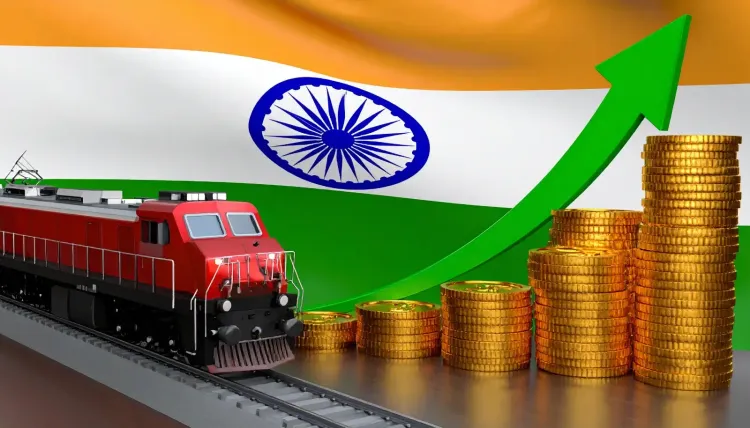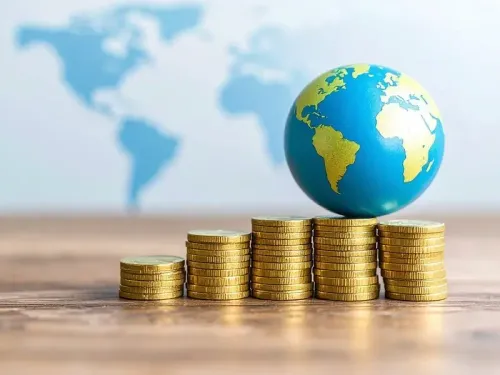Can High Net-Worth Families Accelerate India's Path to a $5 Trillion Economy?

Synopsis
Key Takeaways
- HNW families can play a crucial role in achieving a $5 trillion economy.
- Impact investing generates positive social impacts.
- Blended finance mitigates risks in social initiatives.
- Public funding remains the primary source for social sector investment.
- A financing gap exists that HNW families can help bridge.
New Delhi, Sep 16 (NationPress) India's high-net-worth (HNW) families have the potential to accelerate the nation's journey to a $5 trillion economy by strategically directing their capital towards social objectives. This approach involves leveraging impact investing and blended financing methods, as highlighted in a report released on Tuesday.
Impact investing focuses on generating financial returns through investments in businesses that create positive social outcomes. Blended finance allows affluent individuals to combine their resources with grants or government funding to lower risks in social business ventures.
Despite the increasing participation of HNW families in impact investing, many continue to operate in isolation, leading to a low retention rate, according to findings from wealth advisory firm Waterfield Advisors and the NPO Impact Investors Council (IIC).
While 316 HNW families engaged in impact investing in 2021, only 64 have remained active as of 2024, as per the report.
Although public funding is the principal source of investment in the social sector, a considerable financing gap remains and is projected to expand in the years ahead, the report indicates.
HNW families are uniquely positioned to address this gap by investing in high-impact sectors such as health, education, agriculture, livelihood, climate, financial inclusion, and affordable housing.
"This report serves as a call to transition from sporadic initiatives to sustained, conviction-driven strategies that can effectively bridge India's social financing gap," stated Soumya Rajan, Founder and CEO of Waterfield Advisors.
"When discussions evolve into firm convictions and then actionable steps, family wealth can indeed catalyze systemic transformation and propel India towards its $5 trillion objective,” emphasized Girish Aivalli, CEO of Impact Investors Council (IIC).
The country's economy has shown robust growth, with GDP rising by 7.8% in the first quarter of 2025-26 (Q1 FY26), up from 6.5% during the same period last year.










